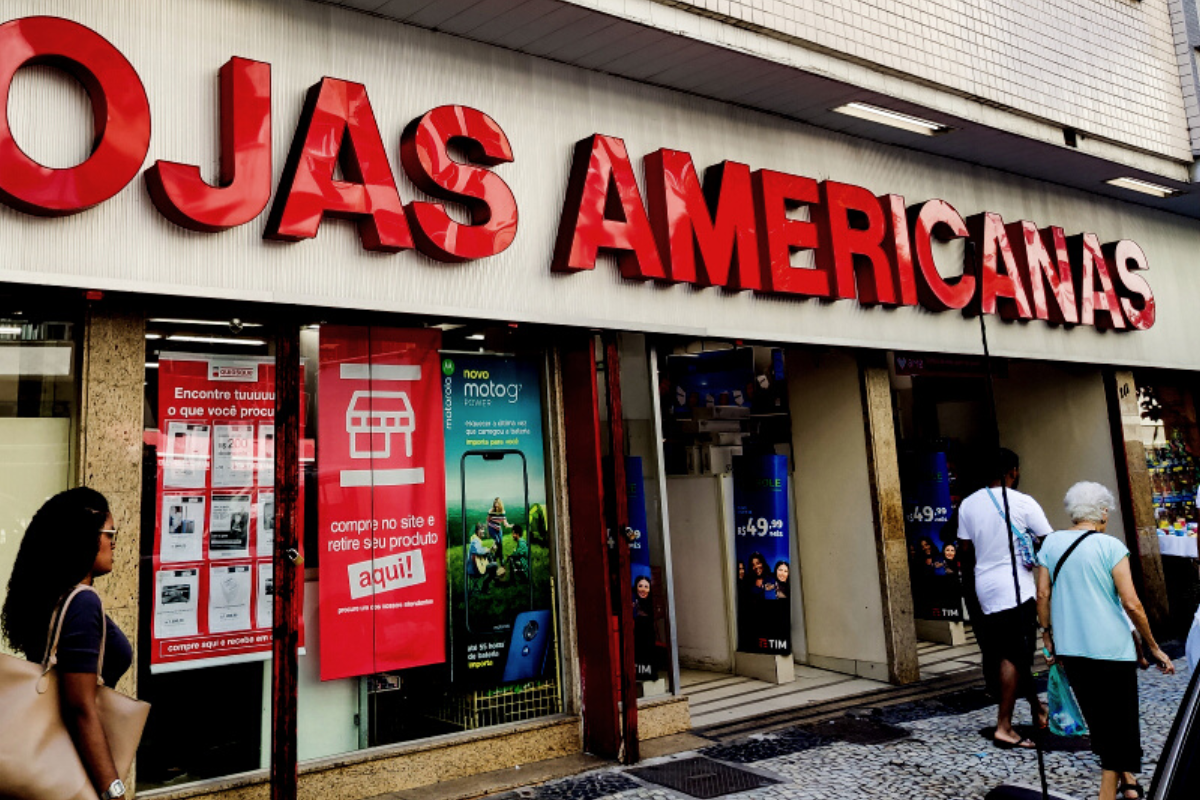As expected, the effects of the electorally motivated stimuli aimed at softening the impact of inflation are beginning to subside, as shown in the Q3 results of Brazilian retailers.
Just like the banking sector, leaders in brick-and-mortar and digital retail are also decelerating in Brazil. Almost all major publicly listed retailers in the country posted net losses between July and September, pointing to inflation and a more cautious approach towards credit due to the high levels of household indebtedness and delinquency as the main causes.
Analysts say that high indebtedness and stubbornly-high food inflation have deprived consumers of disposable income. High-ticket shopping carts, as well as the frequency of purchases per consumer — key metrics for retailers — tend to remain under pressure. Inflation not only brings consumer prices up, but inflates costs and squeezes operational margins for companies.
On top of that, there is a trend for Brazilian families to spend more money (when they have it) on services rather than on retail goods. The monthly household survey by the Brazilian Institute of Geography and Statistics (IBGE) shows that since Q2 2020, the services sector has been growing quarter after quarter.
On the other hand, the retail industry presented its first gain in five months in September.
These conditions lead to uneven behavior among companies in the sector. Those with greater scale — more types of products and a variety...


 Search
Search






































